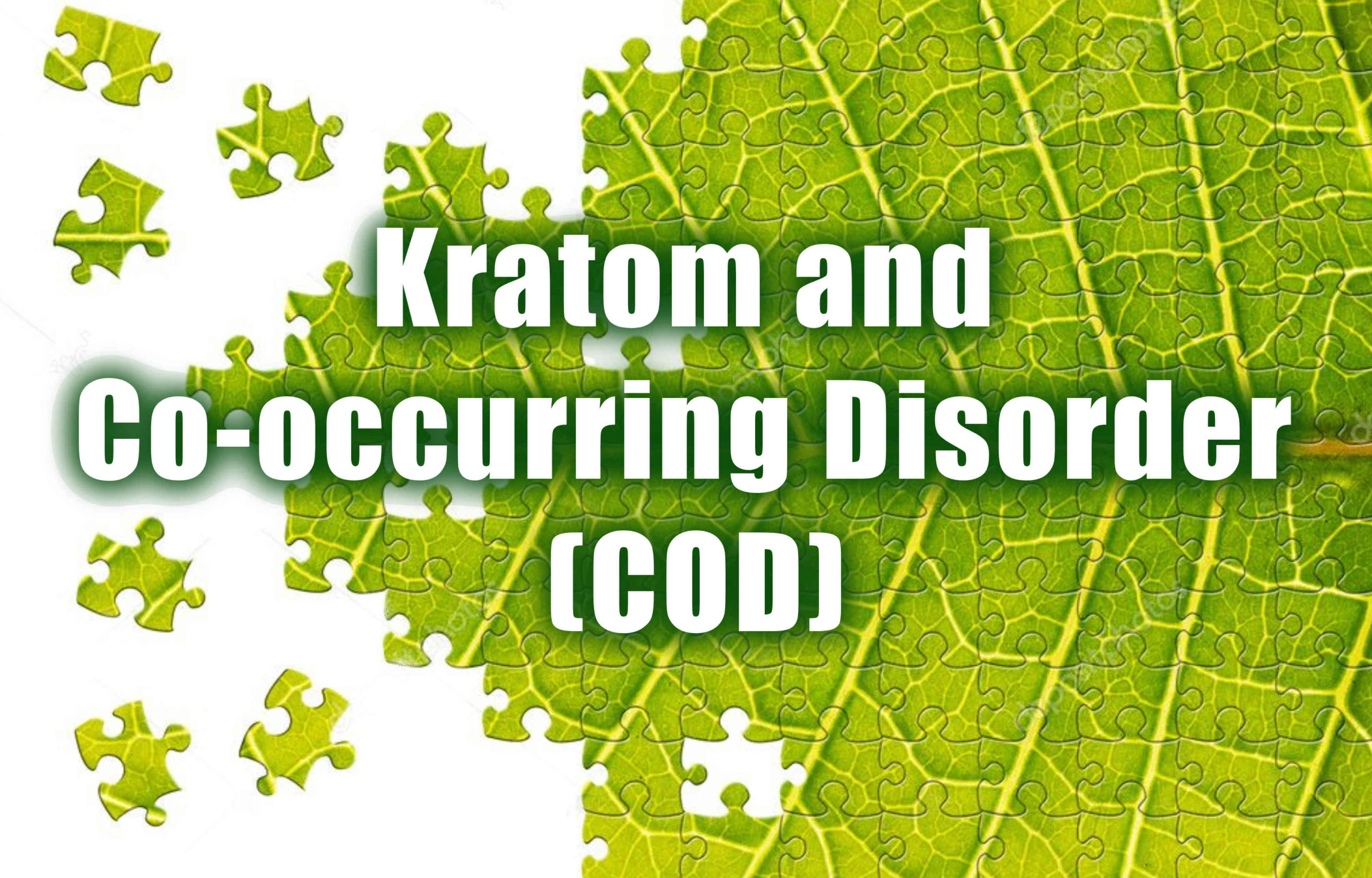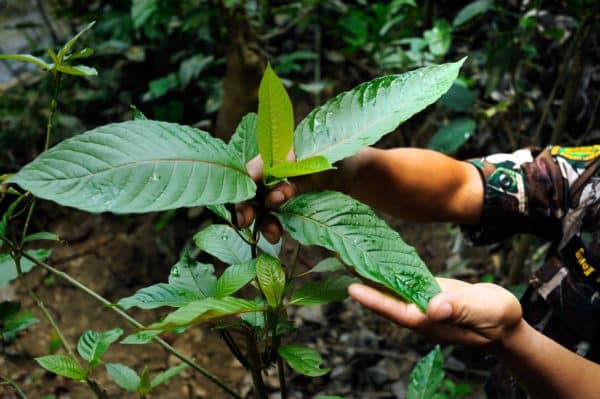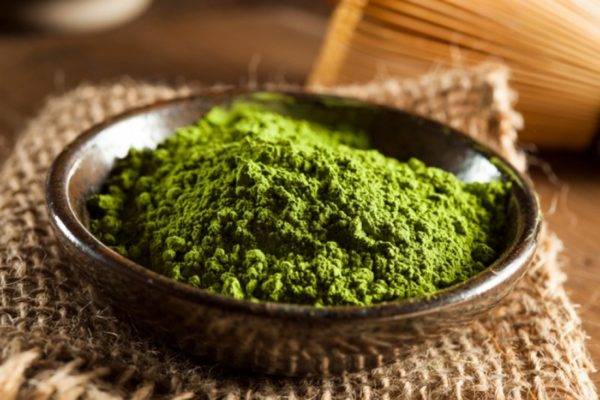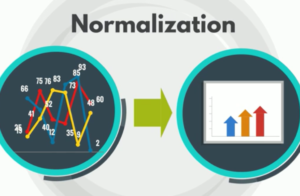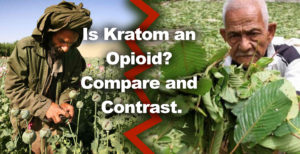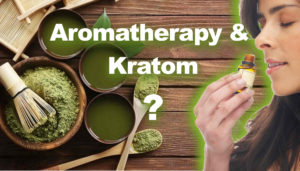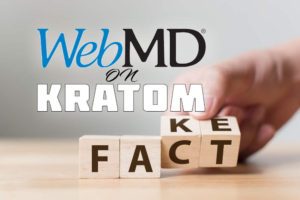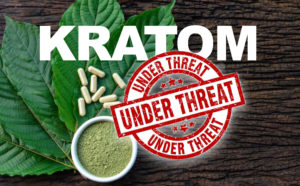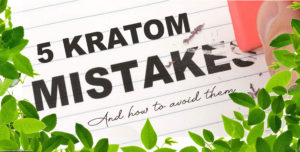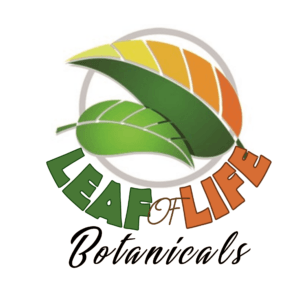Kratom is said to provide psychological benefits to people. While giving relief from various physical discomforts and lethargy, kratom is reported to also help people mentally and emotionally.
Co-Occurring Disorder (COD) is an affliction that impacts many people, especially those who are not familiar with kratom, and who use dangerous drugs while also having a mental illness.
It’s possible that kratom may actually contribute to enabling a person to avoid falling into serious psychiatric illness. At least we know, from stories told by kratom customers, that kratom may help alleviate certain emotional problems and impact mood in a beneficial manner.
A condition that is being seen more and more in rehab clinics and mental hospitals is Co-occurring Disorder (COD).

This “dual diagnosis” means a person is simultaneously suffering from two disorders: mental illness and substance abuse. The two issues intertwine, wrap around each other, blend into each other, become united – which makes it difficult to see what’s going on. Is their behavior due to opioid dependency or to schizophrenia, or both?
The two factors entangle and empower each other in a tragic way.
https://www.ncbi.nlm.nih.gov/pmc/articles/PMC2200799/
In treating substance abuse patients in rehab clinics, Co-occurring Disorder is being seen more and more. Sometimes the correct treatment program is difficult to devise and implement. It’s hard enough to treat an addict who still has a relatively healthy, logical mind. It is so much harder to treat an addict who is also suffering from hallucinations, delusions, paranoia, phobias, dementia, and other severe mental issues.
A mental illness is aggravated intensely by substance abuse. Especially when the substance is deadly, expensive, addictive, and requires ever-increasing dosages to attain the same desired effect. Again, a relatively rational, non-mentally ill person has enough trouble breaking free from substance abuse, so it’s hard to imagine how horrible it would be to also be schizophrenic and addicted.
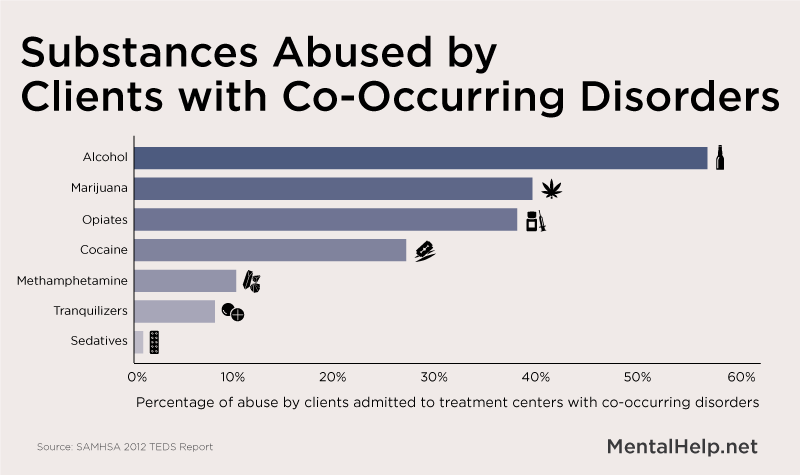
Kratom stands far apart from the substances that are typically involved in Co-Occurring Disorder.
First, kratom is not addictive the way opioids, alcohol, benzos, and other psychoactive substances are, and kratom has very mild or no withdrawal symptoms.
You can form a habit of taking kratom, but if you decide to stop using it, kratom abstinence will probably not make your whole world come crashing down. You may also be able to find effective substitutes for kratom in the natural herbal realm if you’re doing a reset and refraining from kratom for a while.
Secondly, kratom dosages don’t keep increasing in frequency or amount.
An ideal timing and amount of a kratom dose are arrived at early on, then steadily maintained for years. In fact, when people complain that kratom has stopped working for them, it’s often because they were increasing their dose to the point that they eventually overloaded their system.
The third point of difference is that it’s nearly impossible to overdose on kratom. Due to kratom’s bitter taste, most people who try to abuse kratom by taking too much will just vomit it out.
A legitimate kratom vendor will never make medical or psychiatric claims about kratom, but reports from customers about kratom’s advantages are informative and positive, especially in terms of mood and optimism. Plus, kratom’s traditional use in regions where it is grown has demonstrated a wide range of its beneficial effects.
Kratom has proven itself, for many generations in Southeast Asia, to be a safe, effective, and low-cost solution to their symptoms and needs. Kratom is also said to have helped many people overcome alcohol abuse. Some report that kratom works fantastically for pain relief, while others point to how low doses energize them better than coffee.
You may know someone who is abusing a narcotic, alcohol, or amphetamine product, and is also the victim of mental issues like PTSD, OCD, anorexia, bulimia, anxiety disorder, bipolar syndrome, or schizophrenia. This is one of the worst spots to be inhumanly.
We who take kratom are spared from many of life’s troubles and afflictions. We should be thankful for the nature of the mitragyna speciosa plant, its benevolent alkaloids, its difference from dangerous drugs, and the fantastic positive impact of kratom on our personal lives.

